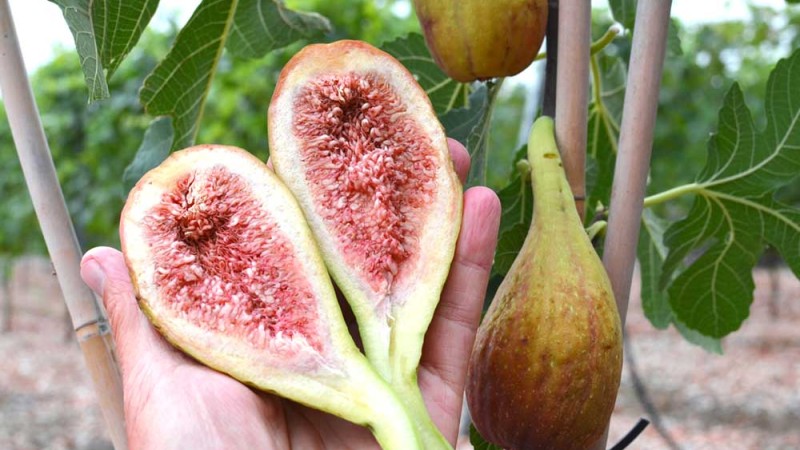
Figs, with their unique texture and sweet taste, have long been a beloved fruit in various cuisines around the world. Not only do they make a delicious addition to salads, desserts, and savory dishes, but they also offer numerous health benefits. From promoting digestive health to providing essential nutrients, figs are a nutritional powerhouse worth incorporating into your diet. In this blog post, we delve into the diverse health benefits of figs that make them a fantastic addition to a balanced diet.
Rich in Fiber
Figs are an excellent source of dietary fiber, promoting digestive health and regular bowel movements. With approximately 3 grams of fiber per medium-sized fig, incorporating them into your diet can alleviate constipation and maintain a healthy digestive system. Moreover, dietary fiber helps regulate blood sugar levels, which is crucial for individuals with diabetes or anyone aiming to maintain stable energy levels throughout the day.
Abundance of Antioxidants
These succulent fruits are packed with antioxidants, including polyphenols and flavonoids, which play a crucial role in neutralizing harmful free radicals in the body. The antioxidants present in figs help reduce inflammation, protect against chronic diseases, and contribute to healthier aging. Additionally, figs contain certain compounds that exhibit anti-cancer properties, providing an added protective factor against the development of certain types of cancers.
Heart Health Booster
Figs are an excellent source of minerals such as potassium, which plays a vital role in maintaining heart health. Potassium helps regulate blood pressure and counterbalances the effects of sodium, reducing the risk of cardiovascular diseases like hypertension and stroke. Furthermore, the high fiber content in figs helps lower cholesterol levels, thereby promoting a healthy heart and reducing the risk of heart-related ailments.
Bone Health Supporter
Figs are rich in essential minerals like calcium, magnesium, and phosphorus, which are vital for maintaining strong and healthy bones. Calcium is well-known for its role in promoting bone density and preventing osteoporosis, while magnesium helps in the absorption of calcium and supports overall bone health. Phosphorus is necessary for the development and maintenance of bones and teeth, making figs a great addition to your diet to support your skeletal system.
Energy-Boosting Fruit
Due to their natural sugars and carbohydrate content, figs provide a quick and sustained energy boost. These sweet fruits are a perfect snack for athletes or individuals needing an instant energy source. They also contain essential electrolytes like potassium and magnesium, aiding in muscle function and preventing muscle cramps during physical activity.
With their irresistible taste and impressive range of health benefits, figs are an undeniably nutritious addition to any diet. From aiding digestion and promoting heart health to supporting bone health and providing an energy boost, these little gems offer a myriad of advantages. So, whether you choose to enjoy them fresh, dried, or incorporated into recipes, don't miss out on the opportunity to savor the hidden treasure of health and nutrition that figs offer. Start including figs in your diet and reap the bountiful benefits they bring to your overall well-being.











